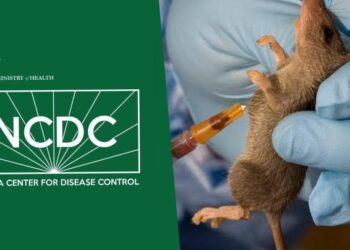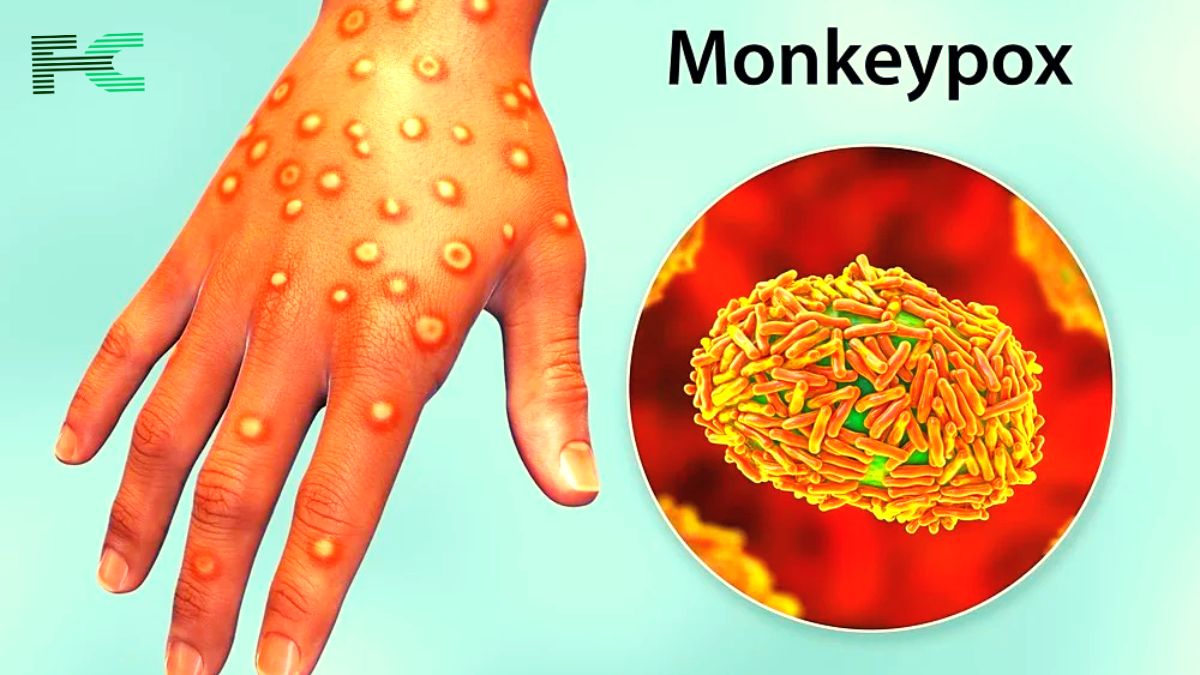The Edo State Government has reported an outbreak of Mpox and a suspected surge in cholera cases. In 2024, we’re still grappling with diseases that have been around for decades. The state’s Director of Public Health, Dr. Ojeifo Stephenson, broke the news on Saturday, revealing that the state has documented one confirmed case of Mpox and is investigating eight suspected cases of cholera.
What They Are saying
So, what exactly is Edo State doing about it? According to Dr. Stephenson, the government has been “proactive” since January, rolling out awareness campaigns and urging the public to report symptoms to the nearest health facilities. That’s all well and good, but you have to wonder, is this “proactive” approach just a bit too late?
Since the start of the year, the state has identified 11 suspected cases of Mpox. Dr. Stephenson claims they have a system in place where they “mobilize teams to collect samples and do contact tracing” whenever a case is suspected. The problem is, out of those tests, eight came back non-reactive while another eight were reactive. So much for swift action, huh?

Why It Matters
Meanwhile, it seems the most vulnerable among us are paying the highest price. The Nigerian Centre for Disease Control (NCDC) reported that children aged 0-5 years are the most affected by the Mpox outbreak. Out of the 48 confirmed cases of Mpox in Nigeria this year, the majority are young children. Just imagine kids, who should be running around and playing, are now statistics in a disease outbreak.
Mpox, a virus that spreads through contact with infected individuals or contaminated materials, has become an alarming concern. In just one week (August 19-25), eight new confirmed cases were reported across five states, bringing the total number for 2024 to 48. Compare that with just one confirmed case the previous week, and it’s clear this is more than a minor blip on the radar.
Across Nigeria, 57 new suspected cases were reported in week 34 alone, compared to 25 in week 33. It’s worth noting that twenty states plus the Federal Capital Territory have recorded at least one confirmed case this year, covering 35 Local Government Areas. That’s a pretty widespread problem for a government that claims to have a handle on things.
Bottom Line
Are we looking at a government that’s genuinely doing its best to manage these outbreaks, or is this just another example of too little, too late? It’s high time we ask these questions before more lives are put at risk. Because when it comes to public health, “proactive” measures should mean preventing these outbreaks in the first place, not just reacting to them after the fact.

















